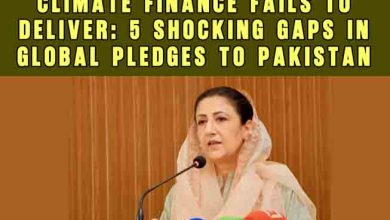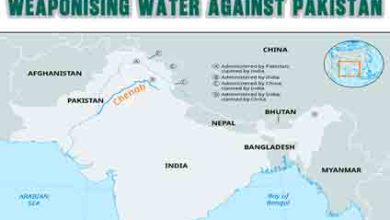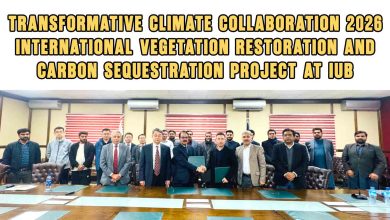Maximum tree plantation stressed to mitigate climate change
LODHRAN, Aug 14 (APP):Deputy Commissioner, Abdur Rauf Mahr, along with students, inaugurated the tree plantation campaign by planting a sapling under the Chief Minister of Punjab’s “Plant a Tree for Pakistan” initiative.
Following the directives of Chief Minister Punjab, Maryam Nawaz Sharif, a tree plantation campaign has been launched across the province on the joyous occasion of Independence day.
41,000 saplings would be planted in District Lodhran on Independence day under the campaign.
Deputy Commissioner Abdur Rauf Mahr expressed these views while providing details about the “Plant a Tree for Pakistan” campaign.
He emphasized that no campaign could be successful without the participation of citizens.
He urged the public and the private sector to come forward and participate in the tree plantation to make the campaign successful.
He stated that a green and prosperous Pakistan was our goal, and a flourishing Pakistan is the future of our coming generation.
Deputy Commissioner Abdur Rauf Mahr, while speaking on the occasion, said that like the rest of the world, Pakistan was also facing climate change and global warming.
The adverse effects of climate change could be mitigated through tree plantation. He further informed that climate change was affecting the production of crops and orchards, and it is crucial to increase forests in South Punjab to protect agricultural production from the harmful effects of climate change.
Source: https://www.app.com.pk/domestic/maximum-tree-plantation-stressed-to-mitigate-climate-change/







